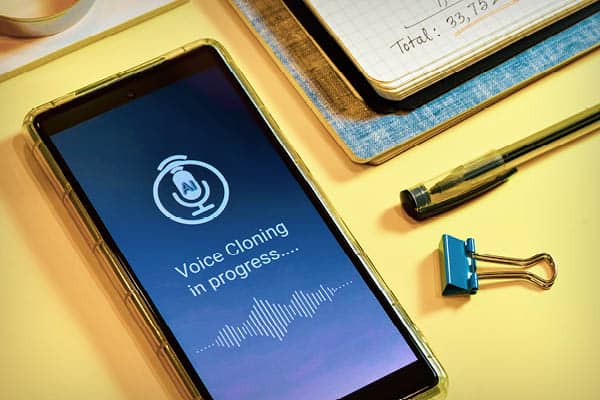A “deepfake” audio recording of a principal making derogatory comments has sparked serious concerns in Baltimore County, showing the damaging potential of artificial intelligence (AI) in schools, according to Education Slice.
The incident involved the athletic director at Pikesville High School, who created a fake audio of the school’s principal uttering racist and antisemitic remarks. This deepfake not only divided the community but also led to the AD’s arrest for multiple charges, including theft and disruption of school operations.
The case highlights a growing issue within educational settings, where the misuse of AI technology can lead to significant harm. Principals and school officials, often public figures due to their roles, are particularly vulnerable to such attacks, which can damage reputations and lead to serious professional consequences. An audio deepfake (also known as voice cloning or deepfake audio) is a product of artificial intelligence used to create convincing speech sentences that sound like specific people saying things they did not say.
The ease of creating deepfakes and the challenge of distinguishing them from real recordings complicate the response further, raising fears among educators about their potential misuse.
School districts are currently ill-equipped to handle the rise of deepfakes, lacking policies to govern the use of AI and protect against its abuse. This incident underscores the need for educational institutions to develop strategies to mitigate these risks, including educating staff about AI, updating policies, and incorporating AI detection tools.
Education Slice





